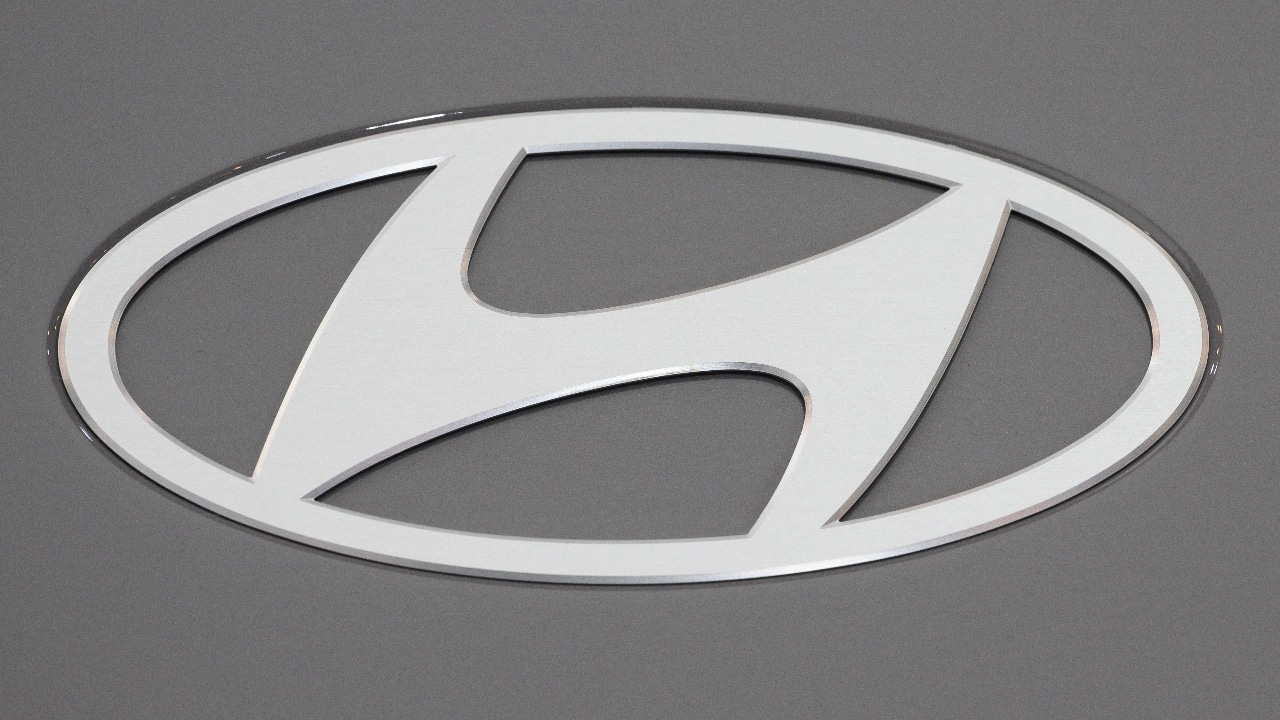 |
|
The European Union's ambitious AI Act, designed to regulate the burgeoning artificial intelligence (AI) sector, has recently been put to the test, revealing shortcomings in some of the most advanced AI models. This new scrutiny comes amidst a growing debate over the potential risks and societal implications of powerful AI systems like OpenAI's ChatGPT, which has garnered immense popularity since its release in late 2022. The EU's regulations focus particularly on 'general-purpose' AIs (GPAI), a category encompassing AI models capable of performing a wide range of tasks. The AI Act aims to ensure these models meet specific standards regarding cybersecurity and fairness, addressing concerns about potential bias and discriminatory outputs. To gauge the compliance of prominent AI models, a new tool developed by Swiss startup LatticeFlow and partners, with support from EU officials, has been employed. This 'Large Language Model (LLM) Checker' evaluates models across numerous categories aligned with the AI Act's framework.
The results of this comprehensive analysis, published by LatticeFlow on Wednesday, revealed a mixed bag. While models developed by leading technology companies like Alibaba, Anthropic, OpenAI, Meta, and Mistral achieved average scores of 0.75 or above, ranging from 0 to 1, the LLM Checker uncovered areas where these models fall short of the EU's stringent requirements. This data provides crucial insights for companies developing these models, highlighting areas needing further attention to ensure compliance. The EU's AI Act is a groundbreaking regulatory framework, intending to strike a balance between fostering AI innovation and protecting citizens from potential harms. Its phased implementation, beginning in the coming years, will undoubtedly shape the global AI landscape, with significant implications for businesses and individuals alike. The fact that even leading AI models exhibit vulnerabilities in key areas like cybersecurity resilience and discriminatory output underscores the importance of rigorous testing and continuous improvement to ensure that AI technologies develop responsibly.
The LLM Checker's findings spotlight the challenges associated with developing robust and ethical AI systems. As the AI Act takes effect, companies will need to prioritize building models that meet the high standards outlined in the regulations. Failure to comply could result in hefty fines and potential reputational damage. Moreover, the ongoing scrutiny of AI models like ChatGPT will likely intensify, placing pressure on developers to continuously improve their products and address concerns about potential risks. This dynamic interplay between regulatory oversight and technological advancement is crucial in ensuring that AI serves humanity's best interests. The EU's AI Act serves as a blueprint for other countries seeking to regulate AI effectively, paving the way for a more ethical and responsible future of artificial intelligence.
